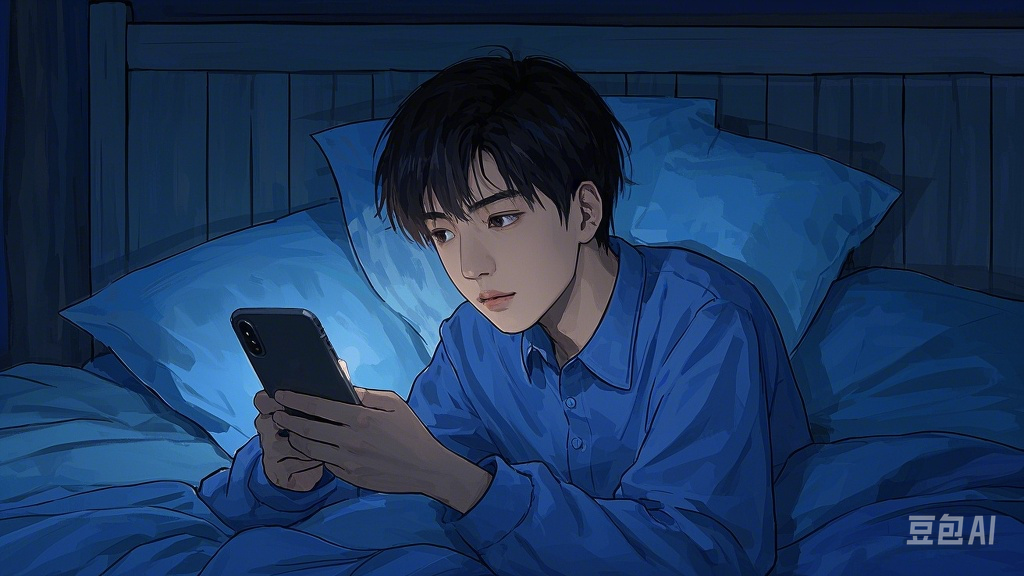00:18!你的手机还在“绑架”睡眠吗?

Chinese young adults are staying up later than ever. A recent survey by the Chinese Sleep Research Society found that the average bedtime in China is now 00:18, 17 minutes later than last year.
Late Nights and Mobile Phones
About 80% of college students stay awake past midnight, with 25% falling asleep after 2 am. Smartphones are a major cause of this trend. Data from 150,000 wearable devices shows that longer phone use leads to later bedtimes. Phones distract young people from sleep. They scroll through videos or read novels even when exhausted. A Zhejiang Xiaohongshu user shared, “I watch short videos or read easy novels in bed — it’s mindless fun after a busy day.”
Revenge Bedtime Procrastination (拖延)
On social media, young people describe sacrificing sleep to regain control of their time. A netizen from Zhejiang province posted, “After work, I lie in bed watching short videos or reading novels. It’s mindless but relaxing.” Similarly, a Guangxi worker commented, “I play on my phone until midnight, even though I must wake up at 7 am. I just don’t want the day to end. Work feels suffocating (束缚性的), so nighttime is my escape.”
Health Risks and Solutions
Sleep problems are rising nationwide. About 65% of survey participants reported weekly issues like insomnia (失眠), waking up too early, or snoring. Dr. Wang Zan, a neurology expert, stressed that healthy sleep requires more than just hours: “Quality matters — efficiency, timing, regularity and satisfaction are key.”
To improve sleep, experts recommend: Keeping bedrooms cool and dark; Avoiding screens before bed; Listening to some white noise; Sticking to regular sleep schedules; Moderate (适度的) exercise.
While late-night freedom feels rewarding, balancing rest and routines remains vital for long-term health. Sleep is the foundation of wellness — ignoring it risks both body and mind.
原创编写 版权所有 侵权必究! 每日更新 个性化阅读 英语飙升!